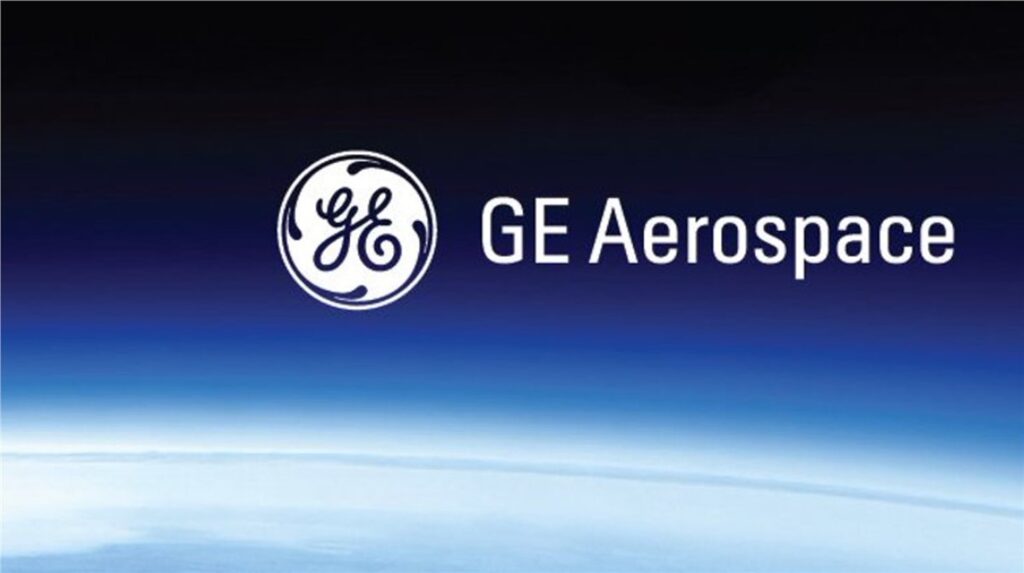GE Aerospace recently adjusted its financial outlook for the year, raising its full-year profit forecast while facing ongoing supply-chain difficulties that impact its ability to meet the robust demand for jet engines.
The aerospace company lowered its production expectations for LEAP jet engines this year due to continued production issues at Boeing.
Despite these challenges, GE Aerospace’s stock saw a 6% increase during mid-day trading.
The firm has experienced a surge in demand for after-market services, bolstered by a strong recovery in travel and a lack of available aircraft due to ongoing production and engine challenges, compelling airlines to extend the operational life of older aircraft.
According to analysts, Boeing’s persistent safety issues are inadvertently benefiting GE Aerospace by boosting demand for older engine models and increasing aftermarket supply opportunities for LEAP engines.
Persistent supply-chain constraints, however, are complicating efforts to keep up with customer demand. CEO Larry Culp highlighted multiple areas of shortage affecting production, including forgings, castings, certain electronics, and machine parts.
“It’s no one issue,” Culp stated in an interview. “We are chasing a moving target.”
The company reported that engine deliveries in the first quarter fell short of targets due to material availability issues. LEAP engine shipments, which are used in Airbus and Boeing narrowbody aircraft, remained flat compared to the previous year, and there was a slight decrease in spare engine shipments.
Culp identified 15 supplier sites as the primary sources of these delivery challenges, and he has responded by allocating more engineers and resources to these areas. “We have more work to do,” he admitted.
As a newly independent entity, GE Aerospace holds a significant market share in the engine sector for narrowbody jets and maintains a strong presence in the widebody segment.
Over 70% of its commercial engine revenue is derived from parts and services. Engine manufacturers often sell engines at a discount to airlines, making profits by selling parts and services at premium prices over the engines’ operational lifespan.
Due to delays in aircraft retirements, GE Aerospace anticipates higher-than-expected shop visits this year.
The company has revised its LEAP engine production growth forecast to 10%-15% this year, a reduction from the previously projected 20%-25% growth.
CFM International, a joint venture between GE and Safran, remains the sole engine supplier for Boeing’s 737 MAX jets.
Despite reports of production slowdowns for the MAX, Culp confirmed that Boeing continues to take delivery of MAX engines at consistent rates.
“At this time, we’re confident that we can continue to deliver at these rates,” Culp assured. “And that will not create a financial problem for us.”
GE Aerospace now expects its 2024 operating profit to be between $6.2 billion and $6.6 billion, up from the earlier range of $6 billion to $6.5 billion.
Adjusted earnings per share are projected to be between $3.80 and $4.05, up from $2.95 per share in 2023.
In the first quarter, the company reported an operating profit of $1.5 billion, a 24% increase from the previous year.
